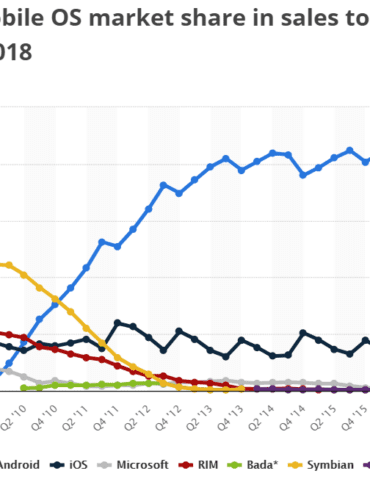The blockchain sector is beginning to gain some promising traction and Big Tech remains keenly aware of the potential impact...
IBM has been making waves with banks in recent months as they make a push to get large banks to...
CoinDesk is releasing their 2020 version of the CoinDesk 50, the most innovative, consequential and viable projects in the blockchain...
The two firms have built the Yijian Blockchain Technology Application System; the platform seeks to increase transparency of pharmaceutical supply chain networks by tracking the flow of drugs, encrypting trading records and more easily authenticating transactions; overall it is expected to increase payments efficiency and reduce the payments timing for pharmaceutical retailers; the Yijian System is still in a pilot phase and expects to expand in July. Source
The real time payments network Zelle has added new tech partners to their growing network; partners include ACI Worldwide, CGI, D3 Banking Technology and IBM; the new partners will help to accelerate technology, reduce risk and control costs for Zelle as their payments network grows over time. Source.
From a financial incumbent point of view, if you are going to mutualize infrastructure, you need to actually mutualize the infrastructure. This means solving the game theory problem of accidentally giving away the value of your back office systems to your biggest, best-funded bank competitor -- not a competitive equilibrium. To that end, technology companies are a natural place for maintaining crypto systems. However, note that public chains today already have the benefit of billions of dollars in cyber-security spending (i.e., mining) and the dedicated engineering of thousands of open source developers. By choosing to use a public chain, you get this out of the box. With a proprieraty solution, even if the end-results are open-sourced, community is impossible to replicate. Maybe this is why IBM bought Red Hat for $34 billion, and Microsoft bought GitHub for $7 billion.
The Bank of Montreal, Caixabank, Erste Bank and Commerzbank join the Batavia blockchain project; the project was launched by UBS and IBM last year; Batavia looks to transform the trade finance industry; Marie Wieck, general manager of the blockchain team at IBM, tells the FT, “there is now a shift from technology projects to more of what I’d call ecosystem projects like this one.” Source.
IBM is now moving into banking compliance, by purchasing Promontory Financial Group they hope they can use the compliance company's expertise to teach Watson about banking compliance; "Part of why we bought Promontory was, these systems (meaning Watson), they do have to be trained," explained IBM CEO Ginni Rometty; IBM believes artificial intelligence can help across the banking industry and ease the burden on specific firms. Source
IBM announced a partnership with Stellar.org and KlickEx Group to help small businesses in underdeveloped countries participate in global trade; the partnership will focus on financial transactions across borders and currencies; this will allow businesses in these areas to get access to IBM’s scale and bank partnership network. Source.
artificial intelligencebig techdigital transformationenterprise blockchainidentity and privacyIndiaregulation & compliancetelecom & infrastructure
·This week, we look at:
IBM spinning out its managed services division with $18 billion of revenue in order to focus on hybrid cloud and digital transformation
Reliance Jio, the Indian mobile telecom provider with 400 million users, contemplating financial services with backing from Google and Facebook
The role that technology infrastructure plays in the delivery of financial services



